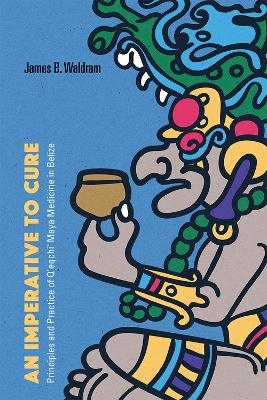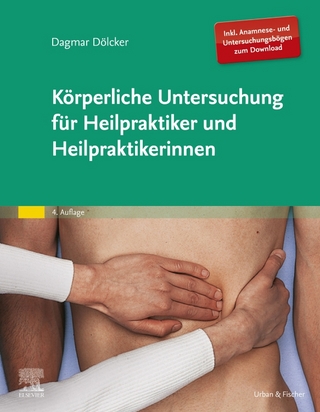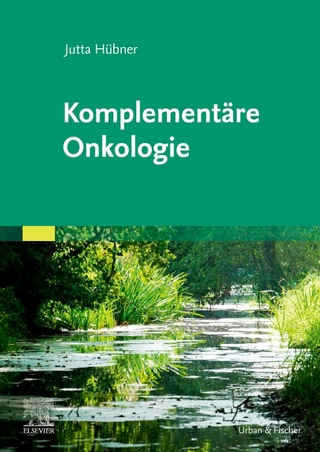
An Imperative to Cure
Principles and Practice of Q'eqchi' Maya Medicine in Belize
Seiten
2020
University of New Mexico Press (Verlag)
978-0-8263-6173-8 (ISBN)
University of New Mexico Press (Verlag)
978-0-8263-6173-8 (ISBN)
Bringing an innovative methodological approach based on fifteen years of ethnographic research, James Waldram argues that Q'eqchi' medical practitioners access an extensive body of empirical knowledge and personal clinical experience to diagnose, treat, and cure patients according to a coherent ontology and set of therapeutic principles.
James B. Waldram's groundbreaking study, An Imperative to Cure: Principles and Practice of Q'eqchi' Maya Medicine in Belize, explores how our understanding of Indigenous therapeutics changes if we view them as forms of "medicine" instead of "healing". Bringing an innovative methodological approach based on fifteen years of ethnographic research, Waldram argues that Q'eqchi' medical practitioners access an extensive body of empirical knowledge and personal clinical experience to diagnose, treat, and cure patients according to a coherent ontology and set of therapeutic principles. Not content to leave the elements of Q'eqchi' cosmovision to the realm of the imaginary and beyond human reach, Q'eqchi practitioners conceptualize the world as essentially material and meta/material, consisting of complex but knowable forces that impact health and well-being in real and meaningful ways—forces with which Q'eqchi practitioners must engage to cure their patients.
James B. Waldram's groundbreaking study, An Imperative to Cure: Principles and Practice of Q'eqchi' Maya Medicine in Belize, explores how our understanding of Indigenous therapeutics changes if we view them as forms of "medicine" instead of "healing". Bringing an innovative methodological approach based on fifteen years of ethnographic research, Waldram argues that Q'eqchi' medical practitioners access an extensive body of empirical knowledge and personal clinical experience to diagnose, treat, and cure patients according to a coherent ontology and set of therapeutic principles. Not content to leave the elements of Q'eqchi' cosmovision to the realm of the imaginary and beyond human reach, Q'eqchi practitioners conceptualize the world as essentially material and meta/material, consisting of complex but knowable forces that impact health and well-being in real and meaningful ways—forces with which Q'eqchi practitioners must engage to cure their patients.
James B. Waldram is a professor of medical and applied anthropology at the University of Saskatchewan. He is the author of Hound Pound Narrative: Sexual Offender Habilitation and the Anthropology of Therapeutic Intervention and Revenge of the Windigo: The Construction of the Mind and Mental Health of North American Aboriginal Peoples.
| Erscheinungsdatum | 09.10.2020 |
|---|---|
| Zusatzinfo | 29 figs., 2 maps, 13 tables |
| Verlagsort | Albuquerque, NM |
| Sprache | englisch |
| Maße | 152 x 229 mm |
| Themenwelt | Sachbuch/Ratgeber ► Gesundheit / Leben / Psychologie ► Alternative Heilverfahren |
| Medizin / Pharmazie ► Naturheilkunde ► Phytotherapie | |
| Sozialwissenschaften ► Ethnologie | |
| Sozialwissenschaften ► Soziologie | |
| ISBN-10 | 0-8263-6173-0 / 0826361730 |
| ISBN-13 | 978-0-8263-6173-8 / 9780826361738 |
| Zustand | Neuware |
| Haben Sie eine Frage zum Produkt? |
Mehr entdecken
aus dem Bereich
aus dem Bereich
Buch | Softcover (2023)
Urban & Fischer in Elsevier (Verlag)
32,00 €


